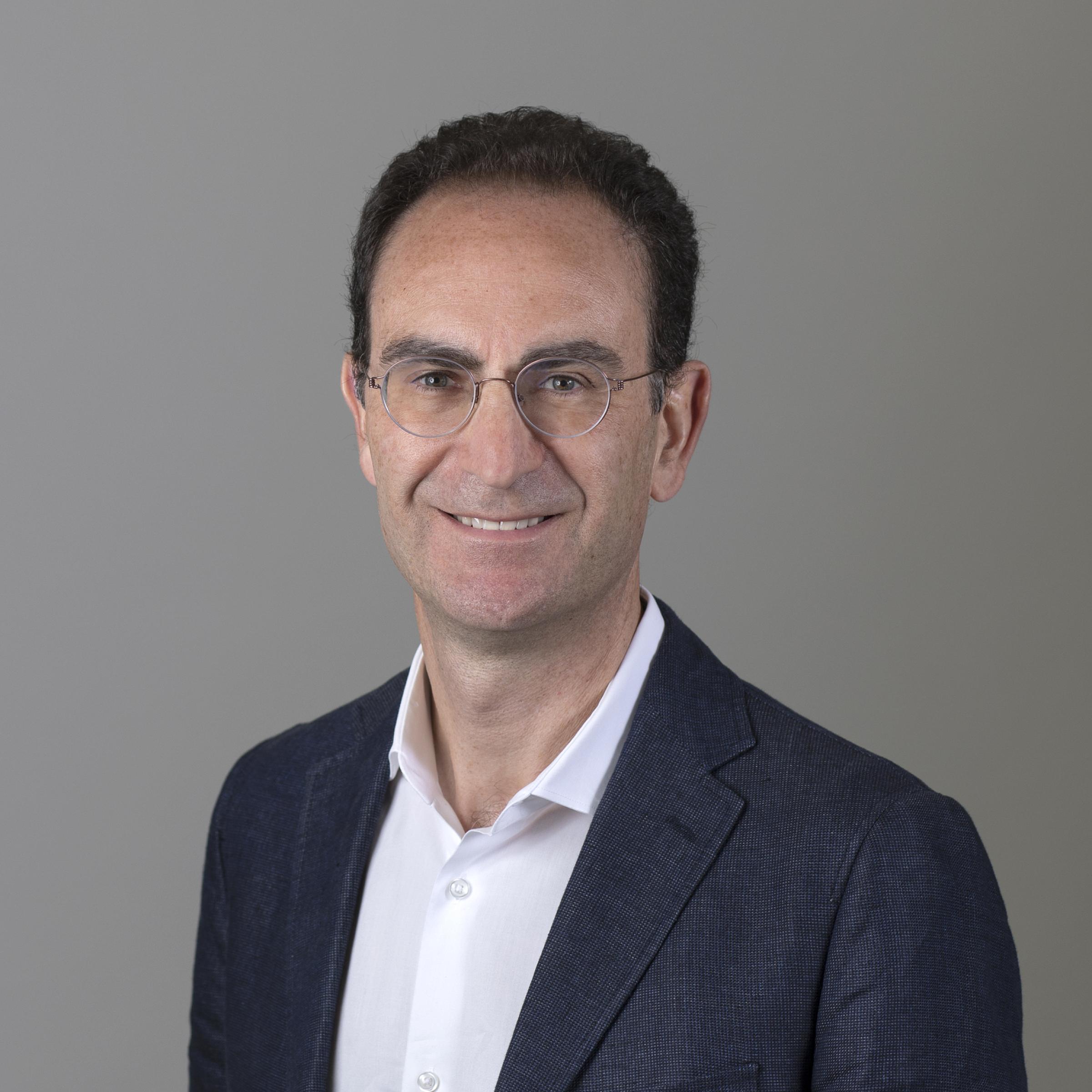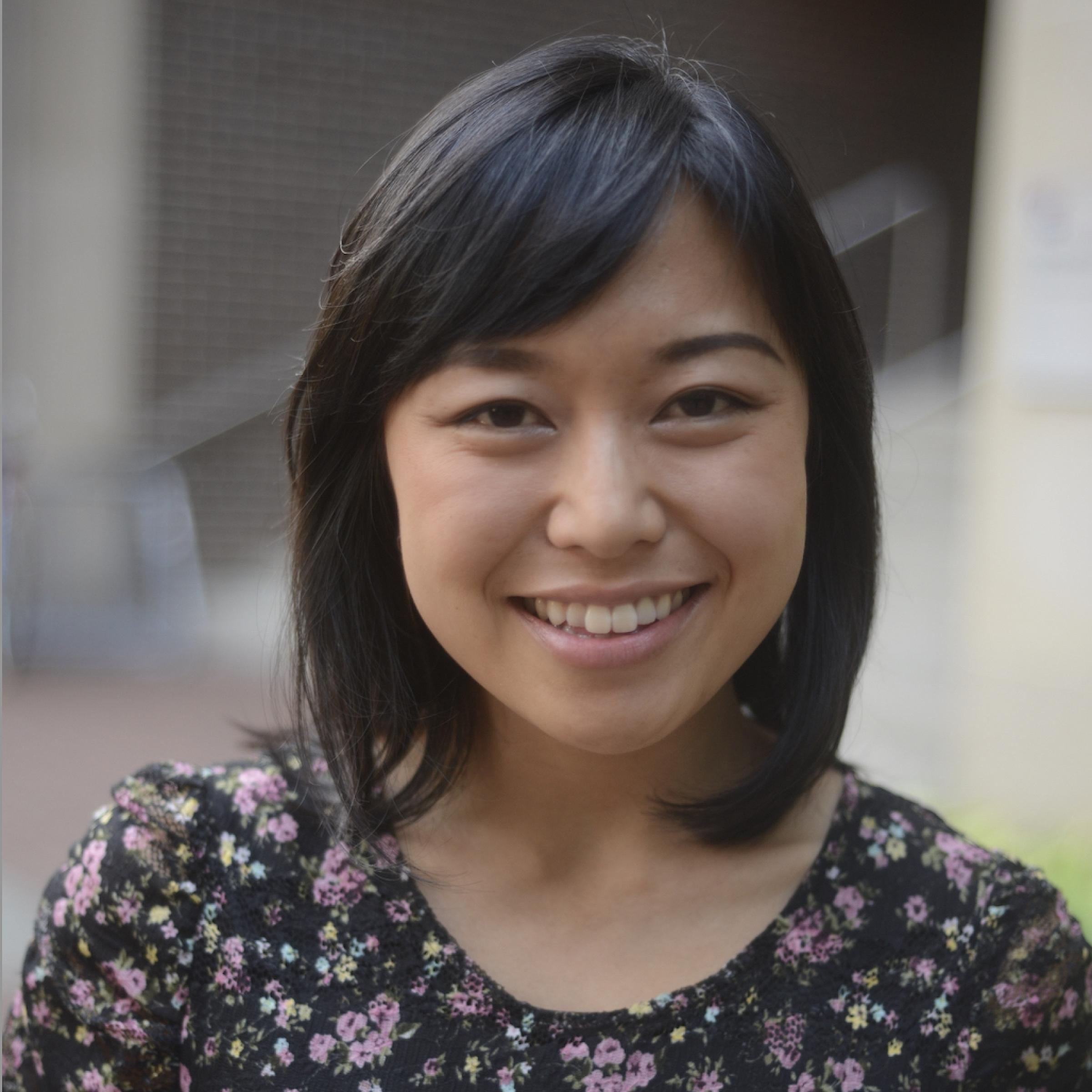
In Their Words: Advancing Technology Is Only Part of the Solution for Better Health
Advances in science and medicine are key to finding new treatments for disease. But the responsibility doesn’t stop there, says Luca Brunelli, MD, PhD, a neonatologist at University of Utah Health, and Heeju Sohn, PhD, a sociologist at Emory University. Case in point: a recently launched research study in New York City that plans to sequence the DNA of 100,000 newborns. The technology will scan for hundreds of disease-causing mutations that are not currently part of standard newborn screens. Just as today’s standard screens catch children with PKU, sickle cell disease, and other conditions, the goal is to identify more children whose diseases are treatable when caught early so they can live healthier lives.
While the prospects are exciting, Brunelli and Sohn see challenges ahead and say it will be important to address them before programs like this one expands further. We recently spoke with them to learn why.
What was your initial reaction when you heard about the newborn genome sequencing program?
Brunelli: The idea that you can now have a test that can detect so many diseases at once is exciting. But I've been having this vision in my mind where I see two trains—this genomic approach and pediatric health care—heading on a collision course. Some children will need therapies that cost hundreds of thousands or millions of dollars, and their families won’t be able to afford to pay for them. I’m wondering if there is a way to build a single high-speed train that benefits everyone? The idea of genomic newborn screening is wonderful, but you need to ensure that everybody has access to good follow-up care as well.

Dr. Sohn, what is your perspective as a sociologist?
Sohn: Any time there is a new kind of medical or technological advance, access to that latest treatment is unequal. There's always going to be a period in which the people who have more resources are going to be able get access first. Because newborns are affected, we can’t put the responsibility of screening and treatment on them. Instead, these steps depend on the family unit who may be affected by inequities in income, health care coverage, where they live, and who's available for the child. All that determines whether that newborn is going to benefit from these medical interventions.
Programs for newborns like the ones we’re talking about are of particular interest to me because it is a very critical period that could determine their health trajectory for their entire lives. It’s an important time to get things right. By mandating newborn screening, everyone gets the same information, and that solves one part of the puzzle. But in this case, we are not addressing the rest of the puzzle, which is what to do next.
What could happen if we don’t address existing health inequities?
Sohn: Genomic screening identifies conditions that sometimes don’t manifest into disease until later in life. In some cases, that health condition arises on top of many years of not being able to access suitable nutrition, or not being able to get adequate health care, or not implementing healthy behaviors. Those health inequities could worsen the disease. And not having a way to address health needs that stem from a newborn’s genetic disease will make their unfortunate situation even more dire.
Access to medical care isn’t the only problem. There’s also the issue of whether individuals and their families can follow recommendations and guidelines and live in a place where they can do these things. So, there is the potential to exacerbate health inequities.

What do you think should happen next?
Brunelli: This conversation is timely. The year 2024 will be the 100th anniversary of the Geneva Convention of the Rights of the Child by the League of Nations, the precursor of the United Nations. Nearly 100 years ago was the first time that adults acknowledged that children have rights that should be protected, including the right to health and well-being. We adults are all responsible for children’s health, and especially newborns, because they are uniquely vulnerable. I think that as scientists and members of the genomic community, including pharmaceutical and biotechnology companies, we are not only responsible for developing the technology. It is also a matter of ensuring that all children have access to good, quality care and follow-up. We should participate in a global solution instead of just looking at the technology piece of the puzzle. I feel this would be an important step in building the single high-speed train for every child’s benefit that I discussed earlier.
Sohn: I wouldn't say the program shouldn't have launched. I would say that it should have been launched with the acknowledgement that it's going to have unequal consequences, and then introduce something to mitigate the unevenness. Right now, states ensure medical care for newborns through programs like Medicaid. It's worth reminding people of that. It shows that the will is already there. We need to make sure that there are more initiatives like that.
We need to broaden the horizons of how people think. It's great that we have wonderful scientists working on the genomic side, but we also need the social scientists and everybody working together. When designing things, it’s important to consider how it’s going to play out in real lives.
We think this is an opportunity to start a conversation. Scientists have taken one step. Let's take another step and make sure that we see this through. We need to offer babies and families access to care. That's critical for translating medical science into better population health.